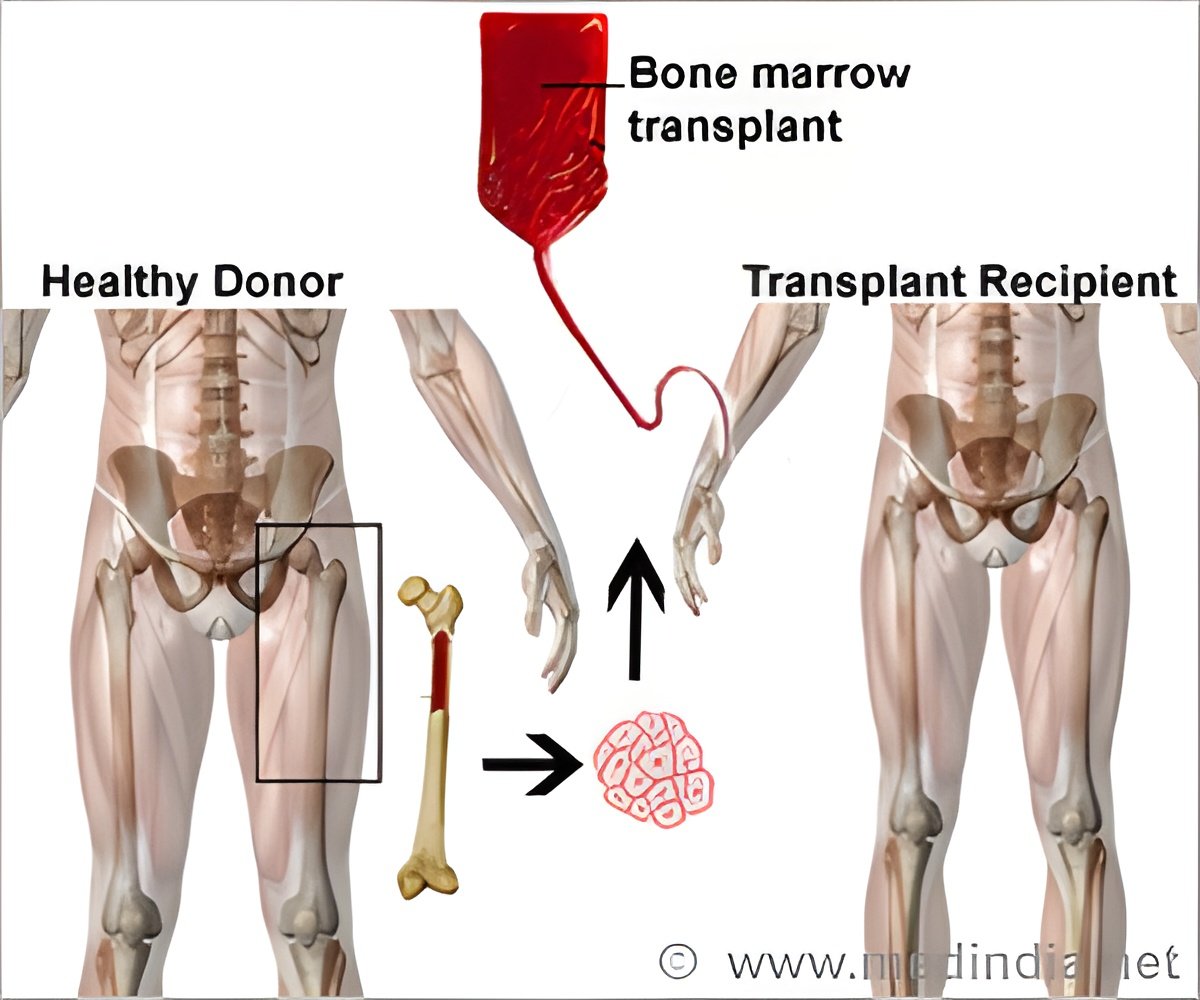Catherine S. Spina, an M.D.-Ph.D. candidate at Boston University, researcher at the Wyss Institute, and co-lead author of the paper said that we figured, why not allow Mother Nature to help us build what she already knows how to build .

The scan showed a honeycomb-like structure that looked identical to natural trabecular bone. The marrow looked like the real thing as well. When they stained the tissue and examined it under a microscope, the marrow was packed with blood cells, just like marrow from a living mouse. And when the researchers sorted the bone marrow cells by type and tallied their numbers, the mix of different types of blood and immune cells in the engineered bone marrow was identical to that in a mouse thighbone.
To sustain the engineered bone marrow outside of a living animal, the researchers surgically removed the engineered bone from mice, then placed it in a microfluidic device that mimics the circulation the tissue would experience in the body. Marrow in the device remained healthy for up to one week. This is long enough, typically, to test the toxicity and effectiveness of a new drug.
The device also passed an initial test of its drug-testing capabilities. Like marrow from live mice, this engineered marrow was also susceptible to radiation — but an FDA-approved drug that protects irradiated patients also protected the marrow on the chip. In the future, the researchers could potentially grow human bone marrow in immune-deficient mice.
"This could be developed into an easy-to-use screening-based system that's personalized for individual patients," said coauthor James Collins, Ph.D., a Core Faculty member at the Wyss Institute and the William F. Warren Distinguished Professor at Boston University, where he leads the Center of Synthetic Biology.
Bone marrow-on-a-chip could also generate blood cells, which could circulate in an artificial circulatory system to supply a network of other organs-on-chips. The Defense Agency Advanced Research Projects Agency (DARPA) is funding efforts at the Wyss Institute to develop an interconnected network of ten organs-on-chips to study complex human physiology outside the body.
Advertisement









